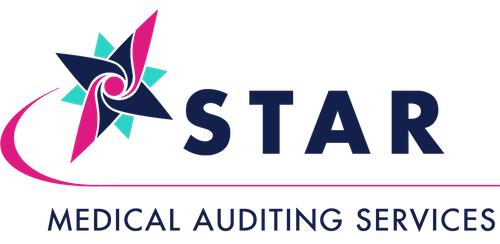Why Should Health Insurance Companies Have an Audit Plan?
Healthcare Insurance Organizations must consider audits to ensure their accuracy and compliance in operating their course of work. Whether it be self auditing or using an outside auditing vendor, or really, a combination of such can truly provide countless benefits.
An outside auditor examining health insurance companies' claim payments may uncover a range of findings related to compliance, efficiency, and operational accuracy. Notable findings include claim processing errors such as over or under payments and duplicate payments. Also, incorrect denials, which are claims that are incorrectly denied due to coding errors, misinterpretation of policy terms, or lack of documentation.
Other findings involve policy and contract noncompliance. Coverage violations happen when payments are made for services not covered under the policy terms. Claims paid at rates higher or lower than the agreed fee schedules also occur. Another error included in this noncompliance is misapplication of policy limits where there are errors in applying deductibles, co-pays, or maximum policy limits.
Audits will sniff out fraud, waste, and abuse. Such findings were claims submitted with intentionally false information, providers that upcode or unbundle codes that will inflate claims and let us not forget payments for services not medically necessary.
Operational inefficiencies can also be detected. These include processing delays, high rates of re-working claims, and system issues. Also, always ensure regulatory requirements are met such as HIPAA, state, and federal laws. Such inefficiencies will show a lack of staff training and/or weak quality checks.
Data and documentation issues are another finding. These issues include incomplete records to support claims, and inaccurate member data that lead to incorrect eligibility errors.
The largest impact could be on fiscal management. All these issues mentioned previously will affect claim payments, which then affect an organization’s revenue. By identifying inefficiencies, errors, or compliance risks early, self-audits can reduce costs and improve overall financial performance.
These include identifying and correcting errors in claims processing, such as overpayments or duplicate payments, reducing unnecessary payouts. Regular audits help detect and prevent fraudulent claims, reducing financial losses. Other financial impacts are by ensuring compliance with regulatory requirements (e.g., HIPAA, ACA) help avoid fines, legal costs, and reputational damage. Identifying inefficiencies in workflows or systems during audits can lead to streamlined operations and cost savings. Auditing a third-party vendor a company uses ensures accurate billing and adherence to contractual obligations, preventing financial leakage. Self-audits of underwriting and pricing models ensure premiums accurately reflect risk, avoiding underpricing or overpricing. Early identification of emerging risks allows insurers to mitigate potential financial impacts. A recent case study showed a large health insurer conducted quarterly self-audits on claims processing and identified errors amounting to 2% of total payouts. Correcting these errors saved the company over $50 million annually. Additionally, by acting on those audit results can have a future financial effect. A mid-sized insurer partnered with a vendor to verify member benefits during claims processing that an audit showed needing assistance with. This reduced claim denial rates by 20% and saved the company millions annually in avoided overpayments.
Having an internal auditing plan along with a combination of utilizing an auditing vendor will benefit any healthcare insurer in valuable ways. Once results are compiled and reviewed, auditors typically suggest:
Implementing stricter internal controls and quality assurance programs.
Enhancing staff training on claims policies and regulatory requirements.
Upgrading IT systems for better data accuracy and processing efficiency.
Developing robust fraud detection and prevention mechanisms.
Improving documentation practices and audit trails.
Conducting frequent internal reviews to preempt external audit findings.
These findings can help health insurance companies refine their processes, enhance compliance, and improve overall operational efficiency.
